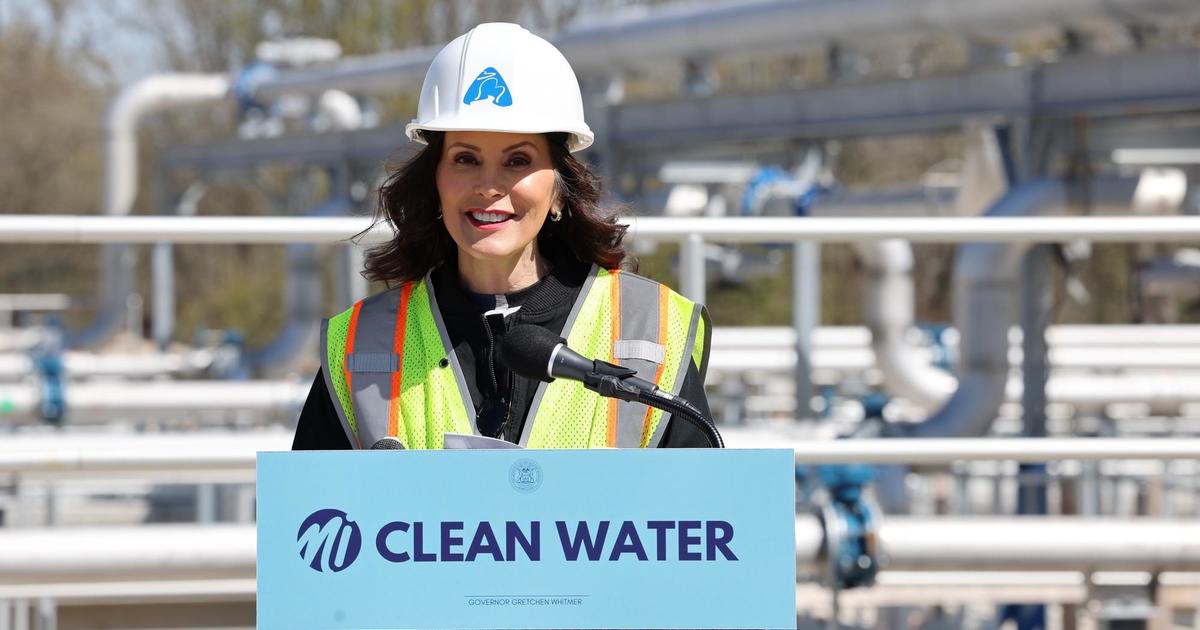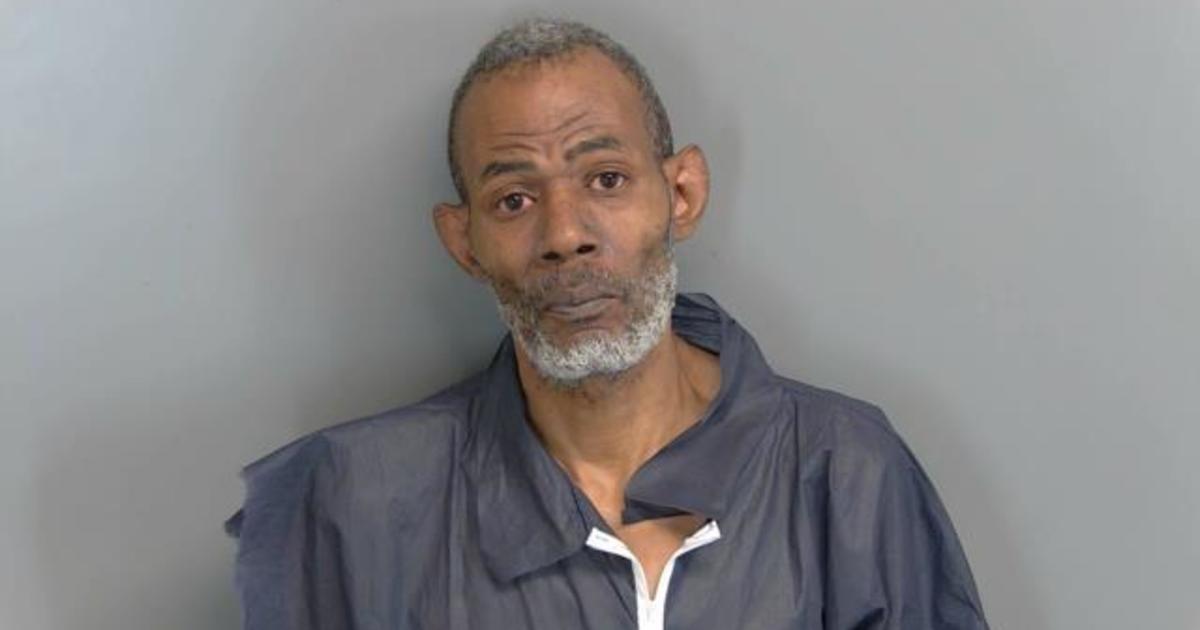Michigan Announces Child Welfare Funding Changes
LANSING (AP) - The Michigan Department of Human Services announced Thursday that it is revamping its funding model for foster care to allocate money up-front to nonprofit agencies and increase their accountability for children in their care.
The initiative aims to improve outcomes for Michigan's roughly 13,000 foster children, with the goal to stop basing payments to agencies on the number of children they handle and instead focus on each child's needs, the department said.
"Taxpayers have a right to expect from our system that children do not languish in the state's care," Human Services Director Maura Corrigan said while announcing the initiative with Gov. Rick Snyder in Royal Oak.
A typical Michigan foster child's case is managed by at least two nonprofit agencies and at least three case workers, according to DHS spokesman Dave Akerly. Under the new program, only one agency will handle each child's care to increase the child's stability and agency accountability.
"With so many case workers, the process was constantly starting over," said Kevin Riedel, a former foster child who is now a sophomore at Wayne State University. "I felt like my needs were never, ever met."
The program will provide money to agencies up-front, rather than reimbursing them after services, which will allow for more innovation and flexibility, DHS Children's Services Administration Director Steve Yager said in an interview. Corrigan said in an interview she expects contract funding levels under the new plan to remain virtually the same, at $325 million annually.
Under Michigan's current system, "it's almost impossible to track how many workers might be involved in a child's life" and there is no evaluation system for care providers, Yager said. The new model will establish statewide metrics to measure whether an agency is meeting a child's needs. An agency's future funding will depend on its performance.
"We will be incentivizing those who do well and there would ultimately be consequences for those who don't," Corrigan said.
The program is proposed in a report required by a 2013 Michigan law seeking a review of performance-based funding feasibility. A DHS group compiled the report after consulting more than 100 experts in child welfare and drawing from successful models in Florida, Illinois, Tennessee and Kansas.
Implementation of the program is projected to last through fiscal year 2020. It would require the Legislature to alter how state and county funding is distributed, a change that Corrigan called "a big hurdle." Sen. Bruce Caswell and Rep. Peter MacGregor, the Republican chairs of the DHS appropriations subcommittees, worked with the task force on the report.
DHS representatives plan to meet with court-appointed monitors to discuss the proposal on March 11.
MORE: Report Shows Improvements In Mich. Child Welfare
© Copyright 2014 The Associated Press. All Rights Reserved. This material may not be published, broadcast, rewritten or redistributed.



